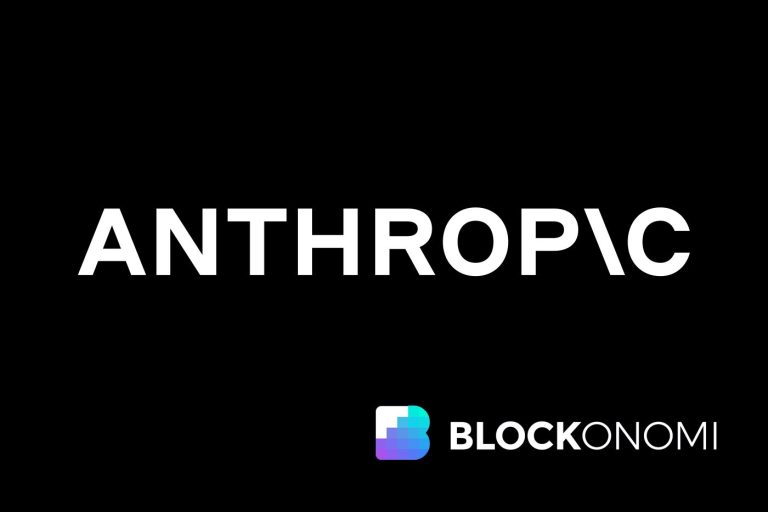
Setting Realistic Goals for Personal Growth

Identifying Your Core Values
Start by understanding what truly matters to you. Core values are the guiding principles that dictate behavior and action. They help you to prioritize your life’s goals and align your actions accordingly. Identifying your core values is the first step in setting goals that are not only achievable but also fulfilling.
Creating Achievable Milestones
Break your long-term goals into smaller, manageable milestones. This approach not only makes the task less daunting but also provides frequent moments of achievement that boost your motivation. Use a structured format like SMART (Specific, Measurable, Achievable, Relevant, Time-bound) to outline your milestones. This method ensures clarity and attainability.
The Importance of Flexibility in Goal Setting
Embrace a growth mindset for success. It’s crucial to remain flexible in your goal-setting process. Life is unpredictable, and your goals need to adapt to changes. This flexibility allows you to overcome challenges and adjust your plans without losing sight of your ultimate objectives.
Harnessing the Power of Daily Habits

Establishing a Morning Routine
A morning routine sets the tone for the entire day. Start your day with activities that energize and focus you, such as meditation, a healthy breakfast, and a brief exercise session. Tailoring your morning to align with your personal and professional goals can significantly boost your productivity and mood.
The Role of Consistency
Consistency is the backbone of any successful habit formation. By sticking to a routine, you make it easier for these behaviors to become automatic. For instance, dedicating specific times for tasks like hydration, nutrition, movement, and rest can revamp your lifestyle and lead to sustainable changes.
Incorporating Mindfulness into Everyday Life
Mindfulness can transform mundane activities into moments of reflection and relaxation. Whether it’s during a morning walk or while preparing dinner, being present can greatly enhance your mental and emotional well-being. Try to incorporate at least a few minutes of mindfulness into your daily routine to experience its benefits.
Building a Supportive Network

Choosing the Right Mentors
Finding the right mentors is crucial for personal and professional growth. Mentors provide guidance, share knowledge, and open doors to opportunities that might otherwise be inaccessible. It’s important to choose mentors who align with your values and have experience in the areas where you seek growth.
The Benefits of Peer Support
Peer support can significantly enhance your self-improvement journey. Engaging with peers who share similar goals can motivate you, offer new perspectives, and foster a sense of community. Here are some key benefits:
- Shared experiences and challenges
- Mutual encouragement
- Diverse insights
Engaging with Inspirational Communities
Joining communities that inspire you can be transformative. These communities provide a platform for learning, sharing, and connecting with others who can forge connections and enrich your life. Whether online or in person, being part of an inspirational community can propel you towards your goals.
Overcoming Obstacles and Setbacks
Learning from Failure
Failure is an inevitable part of personal growth and self-improvement. Embracing your failures as opportunities to learn and refine your strategies is crucial. Reflect on what went wrong and how you can prevent similar setbacks in the future. This proactive approach transforms obstacles into stepping stones towards success.
Maintaining Motivation During Tough Times
During challenging periods, maintaining motivation can be tough. It’s essential to remind yourself of your core reasons for pursuing your goals. Break down your larger objectives into smaller, manageable tasks to keep the momentum going. Celebrate small victories to sustain motivation over time.
Strategies for Resilience
Building resilience is key to overcoming setbacks. Develop a toolkit of coping strategies, such as:
- Mindfulness and meditation
- Regular physical activity
- Keeping a gratitude journal
These practices help you stay balanced and focused, enabling you to bounce back from challenges more effectively.
Conclusion
In the journey of self-improvement, the most important step is the decision to start. By embracing the tips outlined in this article, you are setting yourself on a path of personal growth and success. Remember, self-improvement is a continuous process that requires persistence and dedication. Celebrate your progress, learn from setbacks, and always strive to be the best version of yourself. Here’s to your journey towards a more fulfilled and improved life!






1 thought on “Unleashing the Best Version of Yourself: Tips for Successful Self-Improvement”
Comments are closed.